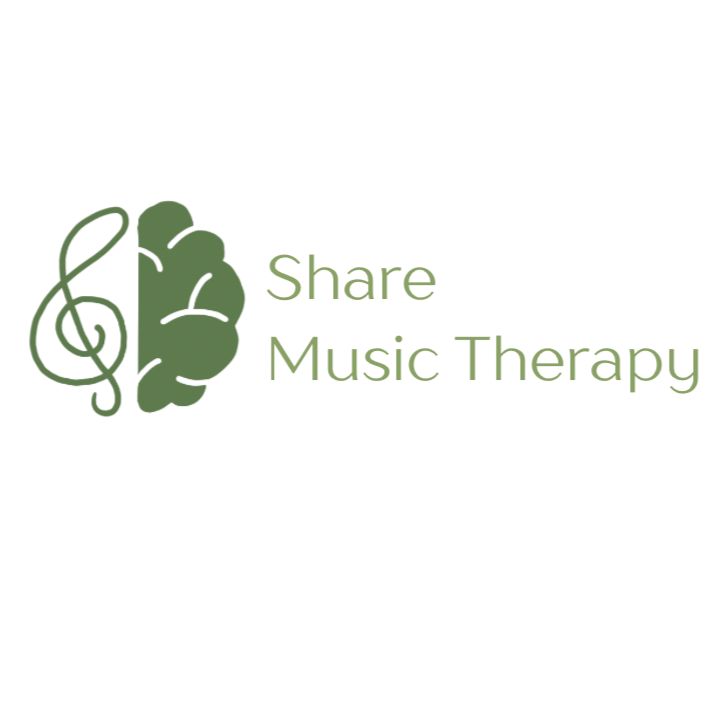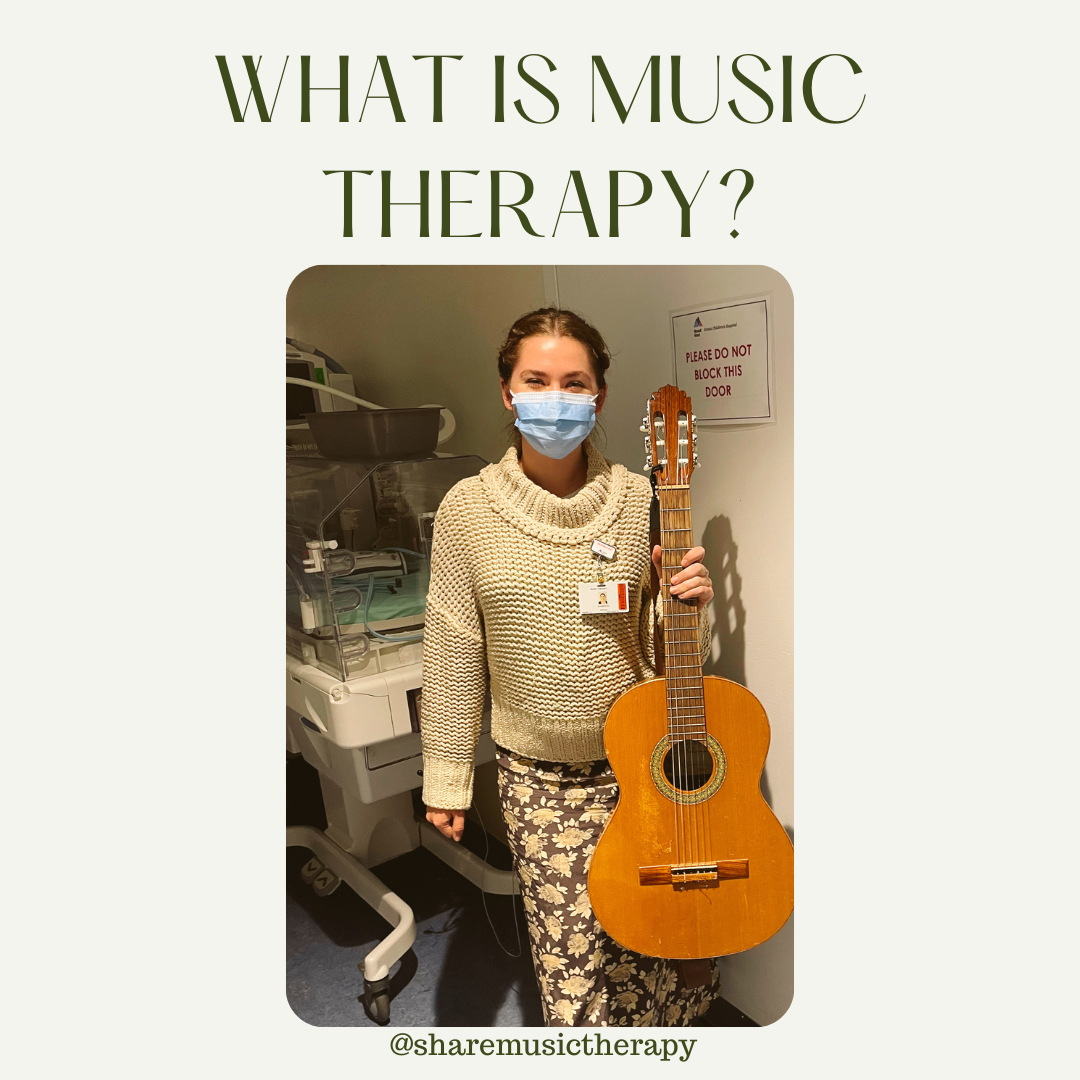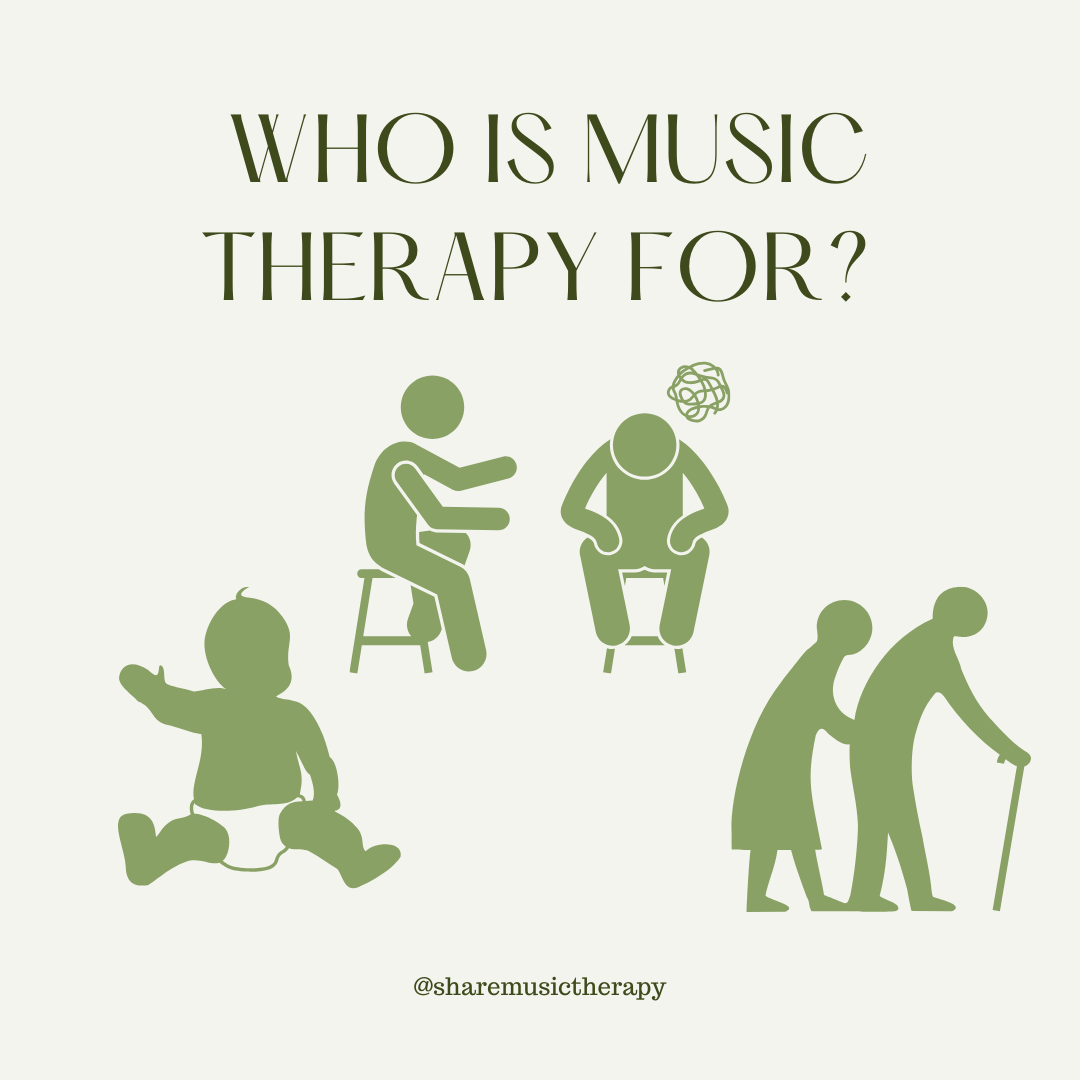What Is Music Therapy?
A brief, informal introduction to music therapy. By Cameron Wood, MT-BC
When I tell someone I am a music therapist, more often than not, they find the phrase interesting but don’t have any idea what it means. So, let’s break it down in an introductory way:
Music therapy is a beautiful overlap of music and science. To understand what we do, one must first understand how music affects the brain. To summarize briefly, the brain has neuroplasticity: the ability to change itself. Music is especially effective when training/rewiring the brain because so much of our brain lights up when we play music- and a lot of different areas are engaged just listening to music. In the past few decades, neuroscience (specifically, fMRI) has allowed us to witness that music is one of the only stimuli that causes both sides of the brain to light up. A Music Therapist trains in music, psychology, neurobiology, and clinical application to offer evidence-based musical interventions to patients or clients.
Cameron Wood, MT-BC. This photo was taken during her internship year at Mount Sinai Hospital in New York.
A trained music therapist uses evidence-based interventions to support non-musical goals. A music therapy session is not a music lesson; interventions utilize music to reach goals including physical, social, cognitive, language, and rehabilitative goals.
Who Is Music Therapy For?
Music therapy isn’t just for kids. Music therapy is used in hospitals, schools, private practices, and more. It supports many populations including older adults with memory problems, autism across the lifespan, mental health illnesses including depression and PTSD, and addiction and recovery.
The thing I loved most about internship the NICU (other than cute squishy baby faces and tiny baby hands) is how obvious the power of music becomes in practice. Every day, I watched vital signs including oxygenation, heart rate, and respiratory rate improve on monitors while I was in the room doing music therapy interventions. Now I enjoy helping all kinds of populations and continuously learning about innovation in our field to bring my clients the most refined and effective interventions that research can support.
The field of music therapy is growing quickly. Studies are being done all over the world that prove its efficacy, and application of the science into clinical practice is becoming more and more common. The U.S. has many schools that teach music therapy in higher education and continue to do research. Many countries have integrated music therapy successfully into their healthcare systems. Doctors, insurance companies, and Americans as a whole are slowly integrating music therapy for health and wellness.
I’m incredibly grateful to be involved in such fulfilling and important work and look forward to continuing to serve my clients and support increasing access to music therapy in the United States.
Cameron Wood, MT-BC
This blog post was originally written in 2019 but was updated in 2025.



